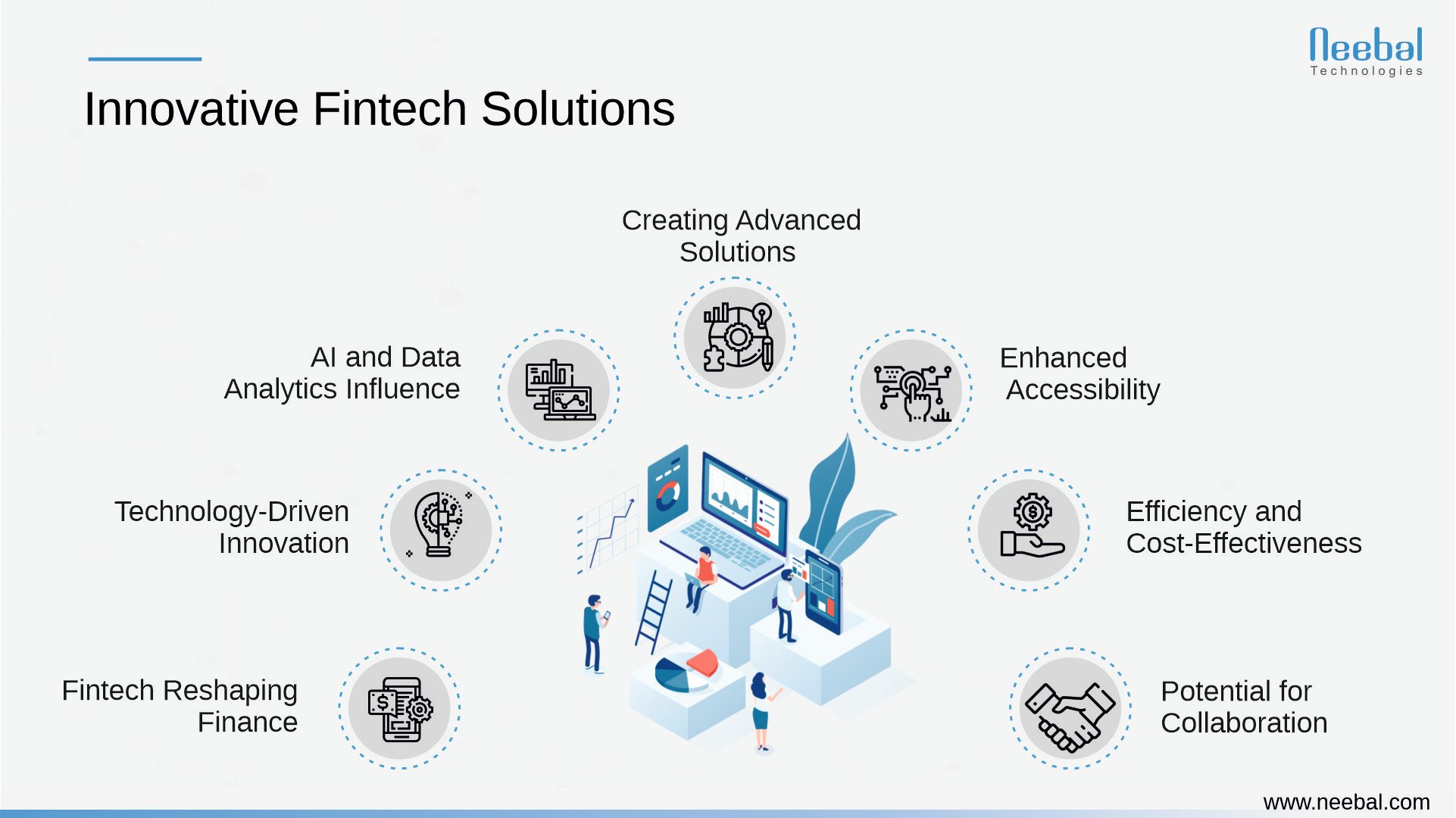The landscape of banking and financial services is rapidly evolving, and at the forefront of this transformation are groundbreaking technologies such as Artificial Intelligence (AI) and data analytics. These innovations are revolutionizing the way financial institutions operate, enabling them not only to adapt but to thrive in an era driven by data and technological advancement. Let’s delve into the profound impact of AI and data analytics on the financial sector, exploring how these advancements are reshaping the industry to better serve customers and optimize operations.
Enhanced Customer Experience
Customers seek seamless and personalized experiences when interacting with financial institutions. AI and data analytics are important in meeting these expectations. By analyzing vast amounts of customer data, these technologies provide insights into customer behavior, preferences, and needs. AI-powered chatbots offer instant and efficient customer support, while predictive analytics anticipate and cater to individual customer needs. The result is a more engaging and satisfying customer experience, fostering increased customer loyalty and retention rates.
Risk Management and Fraud Detection
Managing risks and detecting fraudulent activities are critical functions within the financial industry. AI and data analytics play a pivotal role in this domain by swiftly processing extensive data to identify anomalies and potential risks in real time. Machine learning models can detect unusual patterns in transactions, helping in the prevention of fraudulent activities. Moreover, predictive analytics assist financial institutions in foreseeing market trends and economic fluctuations, empowering them to make informed decisions and mitigate risks associated with lending and investments.
Efficient Operations and Cost Reduction
AI-driven automation streamlines various processes, leading to reduced operational costs. Robotic Process Automation (RPA) automates routine tasks such as data entry and verification, freeing up human resources for more complex responsibilities. Additionally, AI algorithms optimize resource allocation and portfolio management, maximizing returns while minimizing operational expenses.
Regulatory Compliance
AI and data analytics play a crucial role in ensuring compliance. Machine learning algorithms assist in scrutinizing documents, contracts, and transactions to identify potential compliance breaches. Not only does this reduce the risk of regulatory fines, but it also strengthens the reputation of the institution as trustworthy and compliant.
Personalized Financial Planning
AI-powered tools are important in offering personalized financial plans to customers. By analyzing individual financial data, these algorithms provide tailored advice on investments, savings, and retirement planning. This not only empowers customers to make informed financial decisions but also helps them have trust and loyalty towards the institution providing such services.
Credit Scoring and Loan Approvals
Traditional credit scoring models often have limitations, excluding crucial information about borrowers. AI broadens the scope by considering a wide range of data points, including social media activity, to understand creditworthiness more accurately. This approach allows banks to make better lending decisions and expand access to credit for underserved populations.
Wealth Management
AI-powered robo-advisors are gaining popularity in wealth management services. These platforms utilize sophisticated algorithms to create and manage investment portfolios tailored to individual financial goals and risk tolerance. This changes wealth management, making it more accessible to a broader audience.
Real-time Analytics and Market Insights
Real-time data analysis is invaluable. AI and data analytics swiftly process vast amounts of market data, offering traders and investors actionable insights. This capability enables financial institutions to promptly adapt to market changes and make data-driven decisions.
Digital Transformation Strategies
Digital transformation is a key focus. Institutions are embracing AI and data analytics to drive this change. Digital transformation involves rethinking how banks operate, and integrating digital technologies into all areas of their business. This strategy aims to enhance customer experiences, streamline operations, and create innovative products and services. By leveraging AI and data analytics, banks can adapt to the fast-paced digital environment, ensuring they remain relevant and competitive in the market.
Innovative Fintech Solutions

- Fintech Reshaping Finance: The rise of Fintech is transforming the financial industry by leveraging technology to revolutionize financial services.
- Technology-Driven Innovation: Fintech companies utilize technology to enhance and reimagine various financial services.
- AI and Data Analytics Influence: AI and data analytics are pivotal in driving these innovations within Fintech.
- Creating Advanced Solutions: Fintech companies use AI and data analytics to develop new solutions for payment processing, lending, investment, and more.
- Enhanced Accessibility: These advancements aim to make financial services more accessible to a wider audience.
- Efficiency and Cost-Effectiveness: Fintech innovations strive to make financial services more efficient and cost-effective for both individuals and businesses.
- Potential for Collaboration: Traditional banks have the opportunity to collaborate or compete with Fintech firms, offering more customer-centric and advanced solutions by embracing these innovations.
Conclusion
The future readiness of banks and financial services heavily relies on their utilization of AI and data analytics. These technologies are not merely tools for operational efficiency but strategic ones for delivering superior customer experiences, managing risks, and making informed decisions.
As the industry continues to evolve, accepting AI and data analytics is vital for not only surviving but thriving in the competitive landscape of the future. It’s an important journey into a world where data becomes the currency of trust, and innovation paves the way for a more efficient, customer-centric financial landscape.
Neebal, a leading technology solutions provider, offers an extensive array of AI and data analytics services tailored to the specific needs of banks and financial institutions. With a robust team of experts, Neebal implements cutting-edge AI algorithms and data analytics tools, providing seamless integration and custom solutions for enhanced customer experiences, risk management, operational efficiency, regulatory compliance, and more.
By leveraging Neebal’s expertise, financial entities gain access to innovative technologies, empowering them to adapt, thrive, and stay competitive in an ever-evolving industry, ensuring a future-ready approach to embracing AI and data analytics for sustainable growth and success.
Topics: API Integration, DevOps, App Development